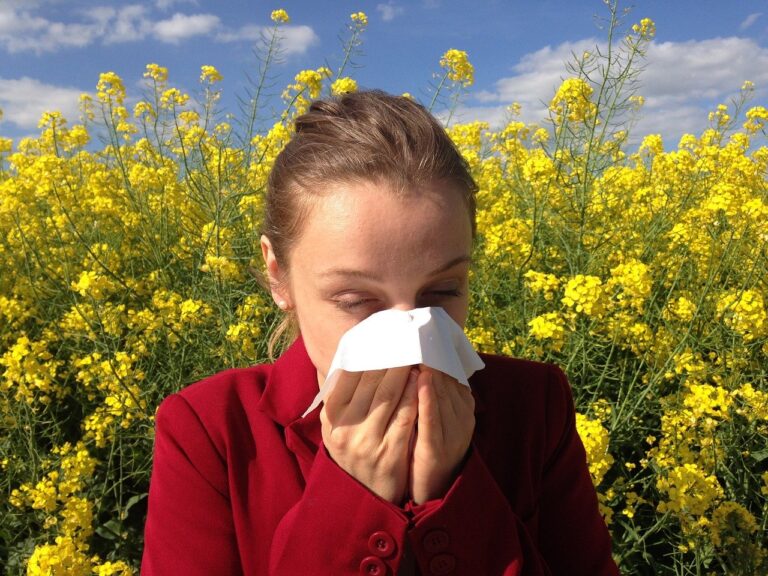Allergy Therapeutics plc (LON:AGY), the fully integrated commercial biotechnology company specialising in allergy vaccines, has announced the screening of the first patient in its exploratory field study (G309) to evaluate the efficacy and safety of Grass MATA MPL in subjects with seasonal allergic rhinitis and/or rhinoconjunctivitis induced by grass pollen exposure. Grass MATA MPL is a short course, aluminium-free allergen-specific immunotherapy that aims to address the cause of symptoms of allergic rhinoconjunctivitis due to grass pollen.
This double-blind, placebo controlled, randomised study will run for one year and involve approximately 150 patients over 12 sites across Germany and the USA. The primary objective of this exploratory field study is to evaluate the safety and efficacy of its optimized Phase III dose of 27,600 SU Grass MATA MPL on grass pollen-induced rhinoconjunctivitis. The primary endpoint is the combined symptom medication score (CSMS) averaged over the peak grass pollen season. Results from the study will provide valuable information in preparation of the pivotal Phase III study (G306).
The breakthrough study design brings state of the art learnings in field trial methodology to the allergy immunotherapy research field. It is not only designed to evaluate safety and efficacy but is the first subcutaneous immunotherapy (SCIT) study to evaluate different placebo options, including normal saline. Moreover, the study combines several Phase II and Phase III endpoints to support the validation of the regulatory mandated primary endpoint and includes extensive biomarker analysis. These data aim to drive forward and underpin success in subsequent phase III trials for the Group’s whole MATA MPL programme including grass, birch and ragweed.
The Group, which has mitigation strategies in place to ensure the Grass MATA MPL clinical development programme continues despite the COVID-19 situation, expects results from the field study in H2 2021.
Manuel Llobet, CEO at Allergy Therapeutics, stated: “This exploratory grass trial will drive study design innovation in the allergy field and is an important intermediate step for the optimisation of our upcoming pivotal Phase III grass field trial, which will maximise the chances of success and entry into the US market. Parts of this protocol are ground-breaking and have the potential to significantly enhance science in this area.”







































